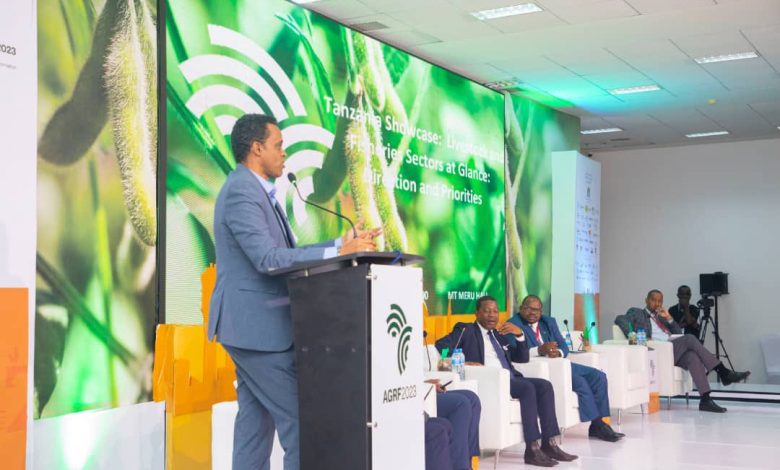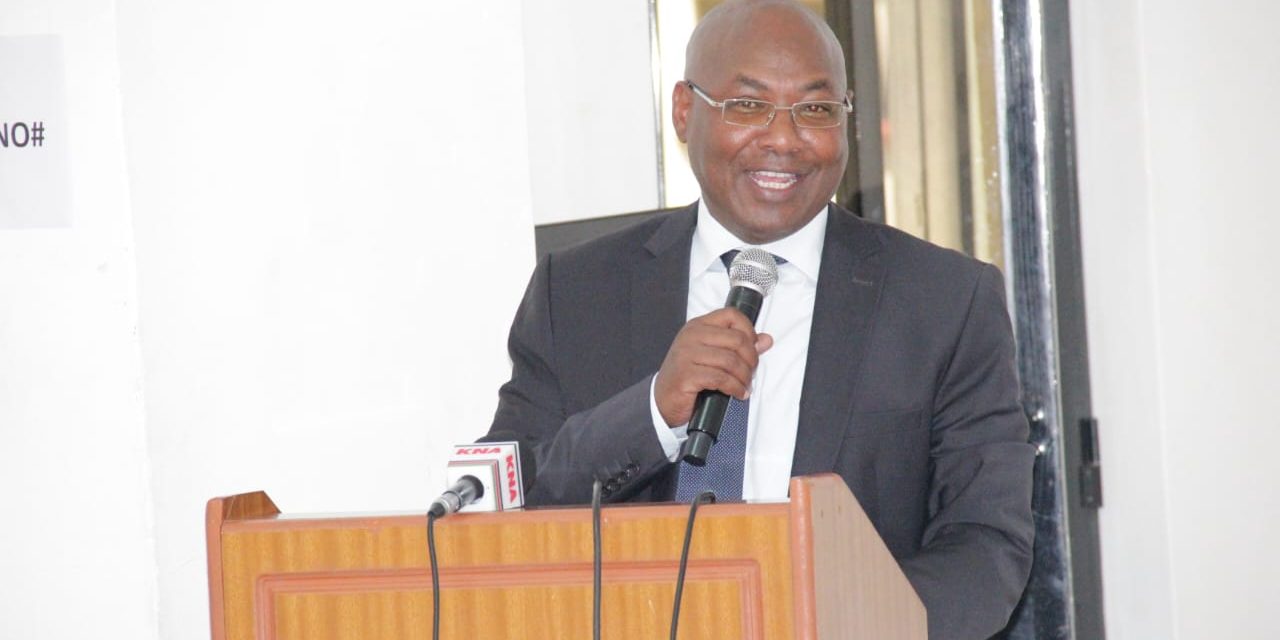COP28 in Dubai: Uniting Nations for Climate Action
By Elizabeth Shumbusho
In the heart of Dubai, where the glistening skyscrapers touch the clouds and the desert sun casts its warm glow, leaders from around the world converged for the 28th annual United Nations Climate Change Conference, known as COP28. Against the backdrop of futuristic architecture, the bustling metropolis played host to a crucial gathering aimed at shaping the future of our planet.
The COPs, or Conferences of the Parties, have been pivotal in the global response to climate change since their inception. This year’s conference, hosted by the United Arab Emirates (UAE), held special significance as it marked another chapter in the ongoing efforts to implement the Paris Agreement. The venue for this environmental rendezvous was Dubai, a city that epitomizes both ambition and innovation.
Dr. Kalibata, appointed as the president to lead the talks, took on the responsibility with a profound sense of purpose. As the leader of the COP28 President’s Advisory Committee, she recognized the gravity of the challenge at hand. “There is nothing today that is more important than all of us pooling together to contribute to the global effort to combat climate change,” she declared, setting the tone for the conference.
The Paris Agreement, born out of COP21 in 2015, provided a framework for international cooperation in the face of climate change. Its three primary objectives—limiting global temperature rise, adapting to climate impacts, and aligning financial investments with low-carbon development—formed the backbone of discussions at COP28. Delegates, including world leaders, ministers, and negotiators, gathered to deliberate on strategies and actions to achieve these ambitious goals.
The scorching desert sun served as a poignant reminder of the urgency of the situation. The need to keep global temperature rise “well below” 2°C and to strive for the more challenging target of 1.5°C above pre-industrial levels was a recurring theme. Scientists had long warned of the catastrophic consequences if these temperature thresholds were breached, and COP28 presented a crucial opportunity to translate warnings into decisive action.
Adaptation and resilience were key aspects of the discussions. Climate change was no longer a distant threat but a reality affecting communities worldwide. Delegates shared stories of extreme weather events, rising sea levels, and disruptions to agriculture, underscoring the importance of building resilience to mitigate the impacts already set in motion.
The finance track, a critical element of the Paris Agreement, was another focal point. Aligning financial flows with a pathway toward low greenhouse gas emissions and climate-resilient development was a complex task. Negotiators grappled with questions of funding, accountability, and the equitable distribution of resources among nations with varying levels of economic development.
In the midst of these high-stakes negotiations, the COP28 President’s Advisory Committee played a crucial role. Dr. Kalibata, drawing on her wealth of experience, engaged in consultations with governments and stakeholders, providing leadership and vision to guide the talks. The committee became a nexus of collaboration, where diverse perspectives converged in the pursuit of urgent and meaningful action.
Civil society, the private sector, international organizations, and the media added their voices to the conversation. The COPs had evolved into a platform where multi-stakeholder engagement was not just encouraged but essential. The streets of Dubai echoed with the footsteps of activists, scientists, and concerned citizens, all advocating for a sustainable and equitable future.
As the days unfolded, the negotiation rooms buzzed with intensity. The world watched as agreements were forged, compromises reached, and commitments made. The COP28 President’s Advisory Committee played a pivotal role in brokering these agreements, emphasizing the shared responsibility of nations to address the climate crisis collectively.
In the closing days of COP28, a palpable sense of accomplishment hung in the air. Delegates, tired but determined, emerged with a set of agreements that reflected a global commitment to climate action. The Dubai Declaration, as it came to be known, outlined concrete steps toward achieving the Paris Agreement’s goals.
Dr. Kalibata, reflecting on the conference, expressed her satisfaction. “Climate change is quickly becoming the most significant challenge facing our planet, and I am committed to working with other partners and stakeholders to address this critical issue,” she affirmed. The success of COP28 was a testament to the power of collaboration and the collective will to safeguard the planet for future generations.
As the leaders dispersed from Dubai, carrying the echoes of urgent conversations and the weight of newfound responsibilities, the world awaited the tangible implementation of the agreements forged in the desert city. COP28 had concluded, but the journey towards a sustainable future had only just begun. The baton had been passed, and it was now up to nations, communities, and individuals to turn promises into action, ensuring that the legacy of COP28 was one of transformative change.


